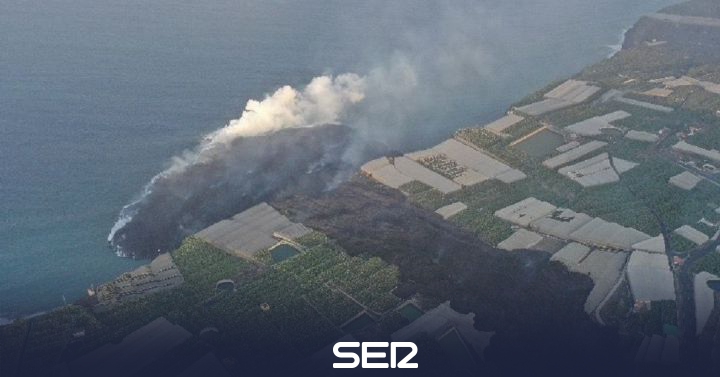Two months after its refusal to intervene, the Supreme Court of the United States urgently examines Monday a law in Texas which prohibits a majority of abortions, even in cases of incest or rape. Its nine magistrates, including six conservatives, will question the parties involved in this case for two hours with heavy human and political consequences.
The temple of American law has accepted two separate appeals, brought by the government of Democratic President Joe Biden and by family planning organizations, which ask it to block a law “clearly unconstitutional”. The text, adopted in May by elected Republican officials from this vast southern state, prohibits abortions as soon as the embryo’s heartbeat is detectable, i.e. around six weeks of pregnancy, when women are often unaware of being pregnant. It provides for a single exception, in the event of a medical emergency.
An application entrusted to citizens
Several conservative states have adopted comparable laws, but they have all been blocked in court because they violate Supreme Court jurisprudence. This recognized in 1973 the right of women to have an abortion and specified that it applies as long as the fetus is not viable or around 22 weeks of pregnancy. Texas law, however, has a unique device: its application is entrusted “exclusively” to citizens. They are encouraged to file a complaint against any person or organization helping a woman to have an illegal abortion, against a pledge of compensation of at least $ 10,000, if convicted.
This mechanism complicates the intervention of the federal justice because the Constitution limits “the circumstances in which it is possible to sue a State”, recalls Mary Ziegler, professor of law and expert in legal battles around abortion. “The Supreme Court created an exception, which allows an official representative of a state to be prevented from applying an unconstitutional law,” she explains. “But Texas law does not involve any official” so plaintiffs have no one against whom to sue.
Seized for the first time on September 1 to prevent the law from entering into force, the Supreme Court had referred to these “new procedural questions” to refuse to intervene. This position had sparked an outcry on the left. It “causes chaos” and “insults the rule of law”, had particularly stormed President Biden.
–


